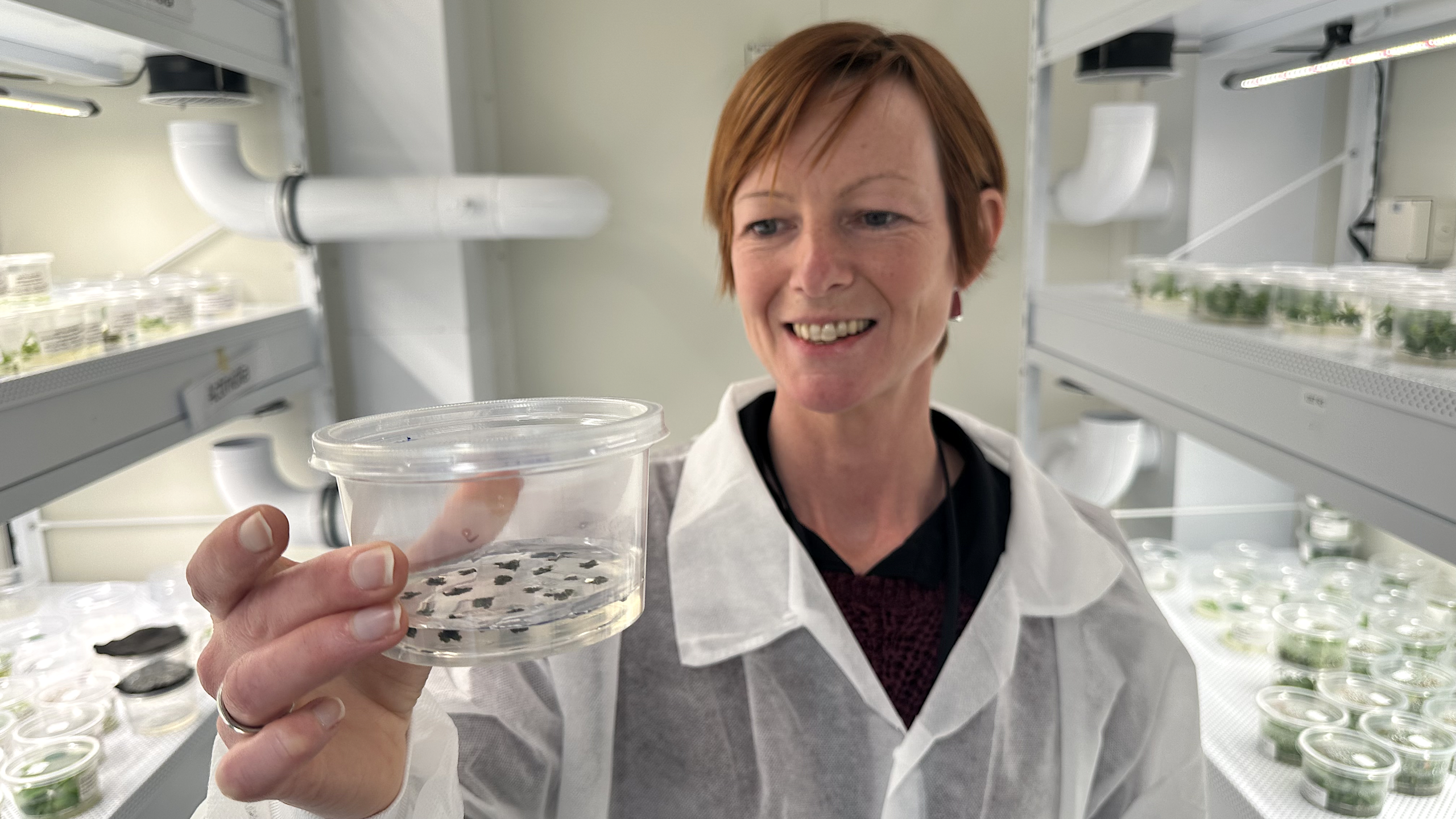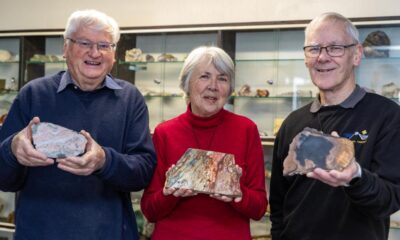Science
New Proposal Aims to Grant Legal Status to Indigenous Moss

A groundbreaking initiative has emerged in New Zealand, where government scientists and iwi are collaborating to explore the commercial potential of an indigenous moss known for its unique medicinal properties. The proposal seeks to establish ownership and control over the intellectual property rights associated with this plant, potentially granting it a form of legal personhood similar to that of the Whanganui River and Taranaki Maunga.
This innovative approach aims to protect both the rich heritage of Māori traditional knowledge and the ecological significance of the moss. The initiative aligns with increasing global interest in natural remedies and sustainable practices, emphasizing the importance of indigenous wisdom in scientific research.
The moss, a slow-growing liverwort, has been identified for its promising therapeutic applications. According to the initiative’s proponents, this could lead to significant advancements in both medicine and environmental conservation. By vesting legal rights in the plant, the proposal aims to ensure that any commercial benefits derived from its use will also support the communities that have long cherished its value.
In New Zealand, the recognition of legal personhood for natural entities has precedent. The Whanganui River was granted legal status in 2017, and Taranaki Maunga followed suit in 2018. These cases have set a powerful example of how indigenous perspectives can reshape legal frameworks, offering a new model for environmental stewardship.
As the initiative progresses, it highlights a growing recognition of the need to integrate traditional ecological knowledge with modern scientific practices. The involvement of iwi is crucial, as they bring invaluable insights into the moss’s historical and cultural significance, ensuring that any commercialization respects these traditions.
The government’s commitment to bankroll this research underscores its recognition of the potential benefits. Financial support is aimed at facilitating comprehensive studies to better understand the medicinal properties of the moss, as well as developing sustainable harvesting methods that will protect the species.
As this proposal unfolds, it could set a new standard for how indigenous knowledge and natural resources are valued and managed. The implications extend beyond New Zealand, potentially influencing global discussions on biodiversity, conservation, and the rights of indigenous peoples.
While the collaboration marks a significant step forward in recognizing the contributions of Māori traditional knowledge, it also raises questions about the future of intellectual property rights in the context of natural resources. How this balance is achieved will be crucial in determining the success of the initiative and its potential impact on similar efforts worldwide.
In summary, the proposal to grant legal personhood to the indigenous moss represents a pioneering effort to intertwine science, culture, and environmental ethics. As stakeholders move forward, the outcome may provide valuable lessons for other nations grappling with similar challenges.
-

 Sports1 month ago
Sports1 month agoNetball New Zealand Stands Down Dame Noeline Taurua for Series
-

 Entertainment1 month ago
Entertainment1 month agoTributes Pour In for Lachlan Rofe, Reality Star, Dead at 47
-

 Entertainment1 week ago
Entertainment1 week agoNew ‘Maverick’ Chaser Joins Beat the Chasers Season Finale
-

 Sports1 month ago
Sports1 month agoSilver Ferns Legend Laura Langman Criticizes Team’s Attitude
-

 Entertainment2 months ago
Entertainment2 months agoKhloe Kardashian Embraces Innovative Stem Cell Therapy in Mexico
-

 Sports2 months ago
Sports2 months agoGaël Monfils Set to Defend ASB Classic Title in January 2026
-

 World3 months ago
World3 months agoPolice Arrest Multiple Individuals During Funeral for Zain Taikato-Fox
-

 Politics2 weeks ago
Politics2 weeks agoNetball NZ Calls for Respect Amid Dame Taurua’s Standoff
-

 Entertainment3 weeks ago
Entertainment3 weeks agoTyson Fury’s Daughter Venezuela Gets Engaged at Birthday Bash
-

 Sports3 weeks ago
Sports3 weeks agoHeather McMahan Steps Down as Ryder Cup Host After Controversy
-

 Entertainment3 weeks ago
Entertainment3 weeks agoTyson Fury’s Daughter Venezuela Gets Engaged at Birthday Bash
-

 World3 weeks ago
World3 weeks agoNew Zealand Firefighters Plan Strike on October 17 Over Pay Disputes



















